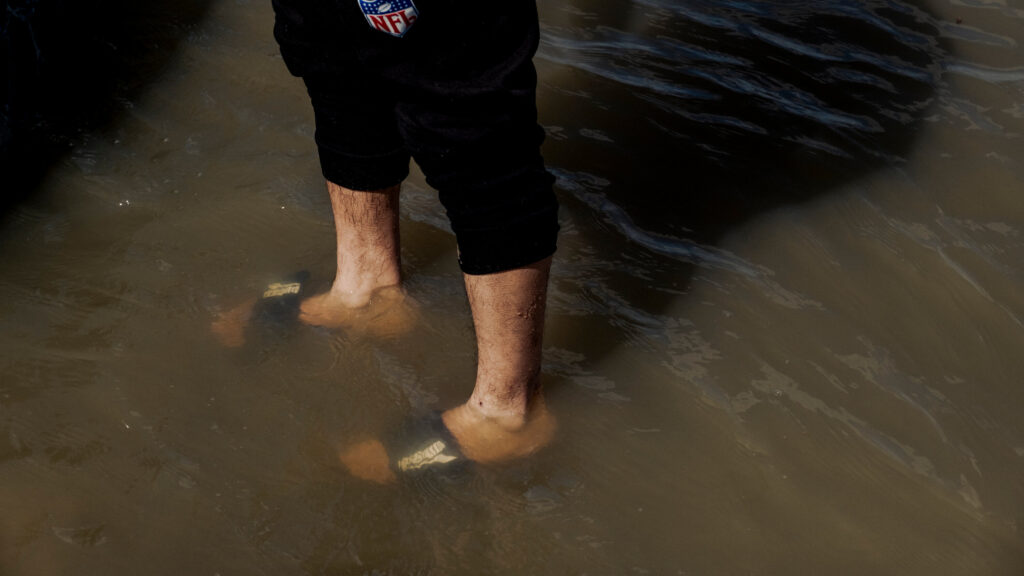Flooding is becoming an increasingly prevalent issue, with rising climate change impacts heightening the risk of excessive rainfall and hurricanes. One of the most concerning aspects of flooding is the floodwater health risks that can emerge. Recent data indicates that exposure to contaminated floodwaters can lead to various health issues, including gastrointestinal illnesses and respiratory problems. Understanding the hidden dangers associated with floodwaters is crucial for preparedness and response during such events. A report from the CDC emphasizes the importance of recognizing specific health risks and taking proactive measures. For detailed guidelines on safety, visit the CDC’s floodwater safety guidelines.
Understanding the Health Risks of Floodwater
The health risks associated with floodwaters are extensive and often underestimated. When floodwaters inundate an area, they can carry various contaminants, including sewage, chemicals, and pathogens. One primary concern is the risk of waterborne diseases, which increase significantly in flooded areas. Vulnerable populations, such as children, the elderly, and those with pre-existing health conditions, are at a greater risk. Infectious diseases such as leptospirosis, hepatitis A, and norovirus can proliferate in these conditions. Experts suggest that even fast-moving floodwaters can present health dangers like drowning and injury due to debris.
Protecting Yourself from Floodwater Hazards
Awareness and preparation are your best defenses against the health risks of floodwater. Here are several best practices you can follow: Firstly, avoid wading through floodwaters as much as possible. If you must, wear protective gear such as waterproof boots and gloves to minimize contact with contaminants. Furthermore, ensure that your drinking water is safe. Use bottled water or boil tap water for at least one minute to eliminate pathogens. Lastly, be vigilant for any signs of contamination in your home as flooding can lead to mold growth. For extensive safety protocols, refer to Johns Hopkins’ take on flooding dangers.
📊 Key Health Protection Strategies
- Stay Informed: Follow local weather alerts.
- Establish Emergency Kits: Prepare with essential supplies.
- Mold Prevention: Dry out spaces quickly.
After The Flood: Assessing Long-Term Health Effects
Even after floodwaters recede, the potential health risks linger. Contaminants may stay in the soil, leading to ongoing exposure risks for residents. This can manifest as various health problems over time, including allergies, chronic respiratory conditions, and potential infections. To facilitate recovery, it’s advisable to have a health evaluation. Consult with health professionals about possible vaccinations, especially against diseases prevalent in flooded areas. A prime resource for ongoing health effects from flooding can be found at ABC News’ article discussing longer-term impacts.
Key Takeaways and Final Thoughts
Understanding the floodwater health risks is essential for effective management during natural disasters. Being informed empowers you to protect yourself and your loved ones from potential health threats, ensuring timely interventions. UCLA Health also provides significant insights into health concerns associated with flooding. Always prioritize safety and stay prepared.
❓ Frequently Asked Questions
What should I do immediately after a flood?
Immediately assess your surroundings for hazards and seek medical attention if necessary. Ensure drinking water safety by using bottled or boiled water, and report any contaminations. Stay informed using local health department resources.
How can I protect my family from flood-related illnesses?
Ensure your home is dry to prevent mold growth. Use protective gear when exposed to floodwaters. Stay vigilant and consult health professionals about vaccinations and treatments against waterborne diseases.
To deepen this topic, check our detailed analyses on Public Health section







